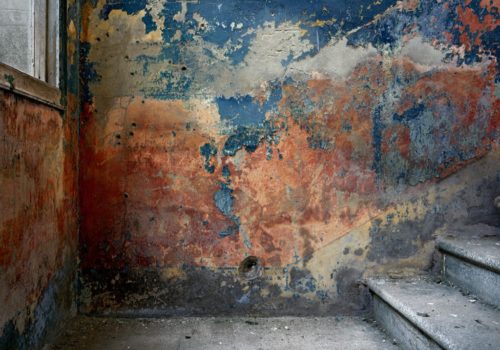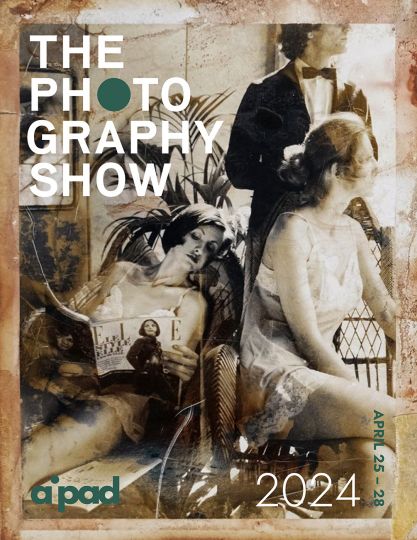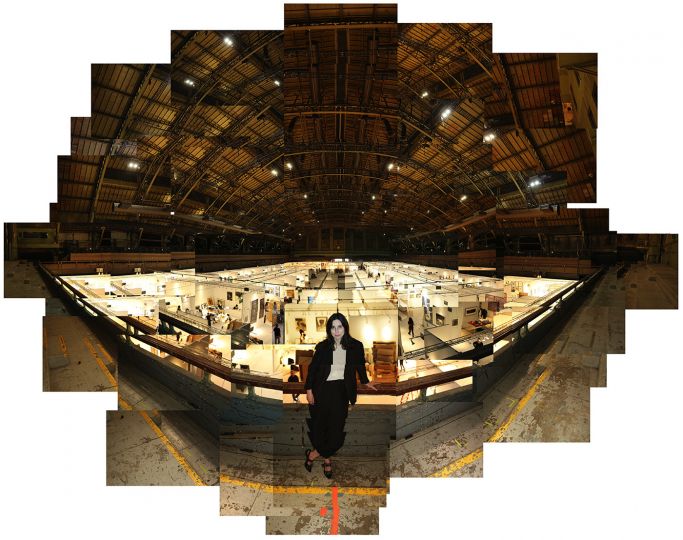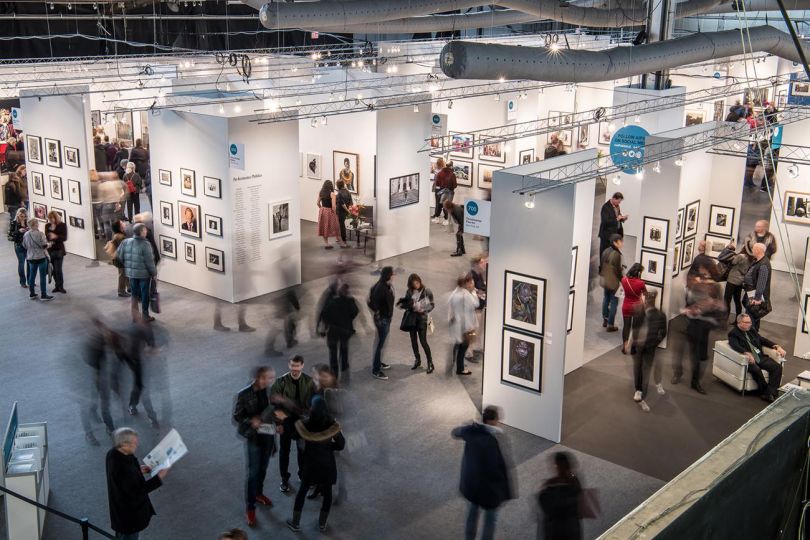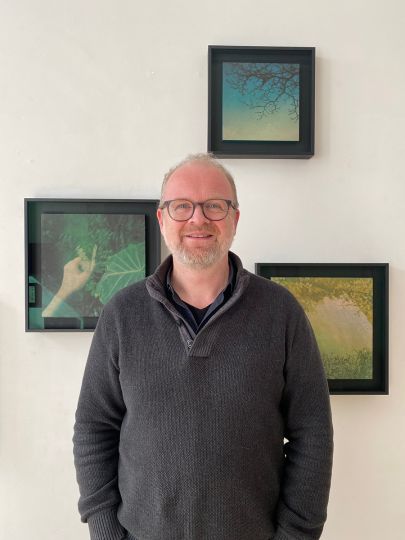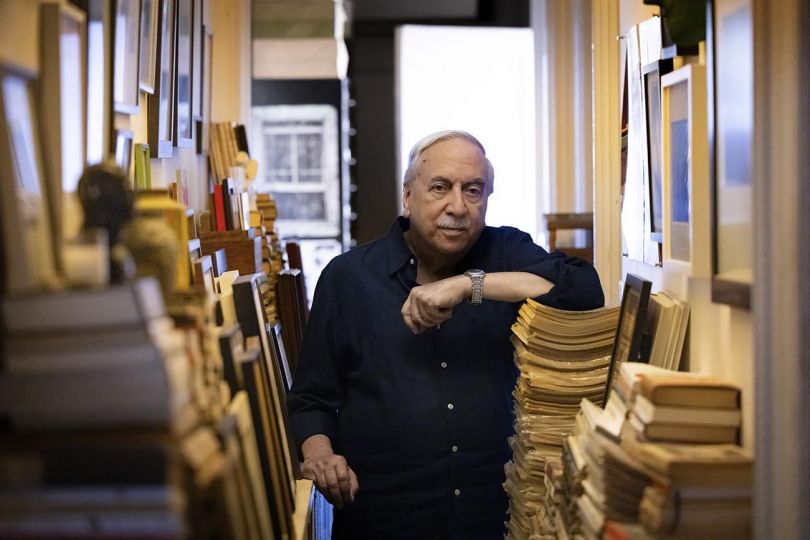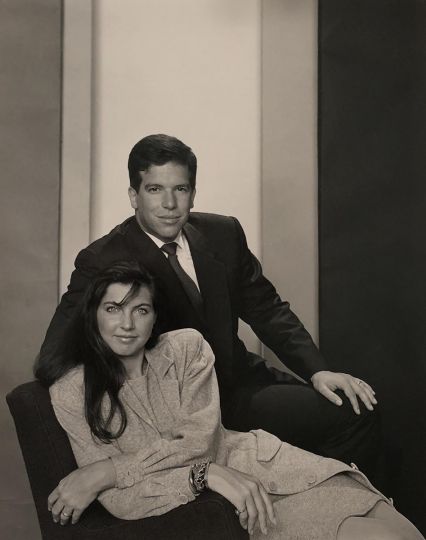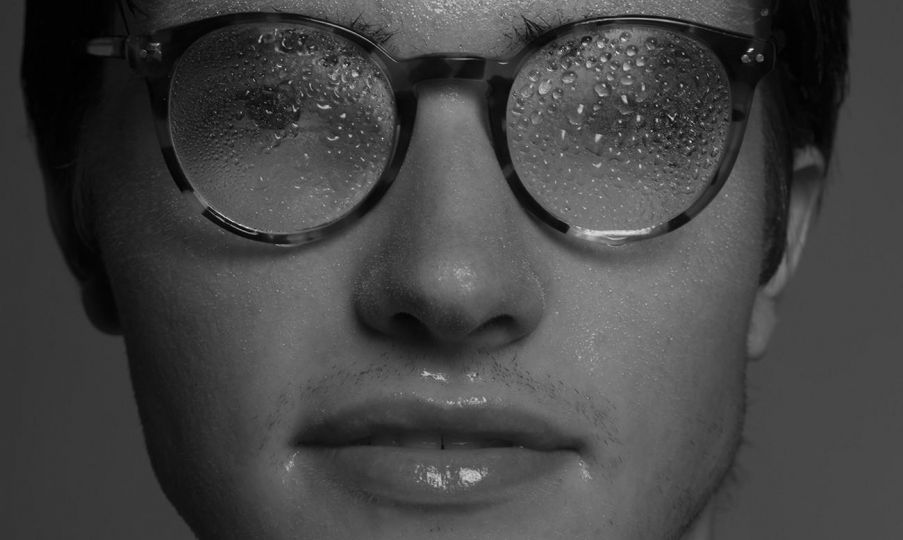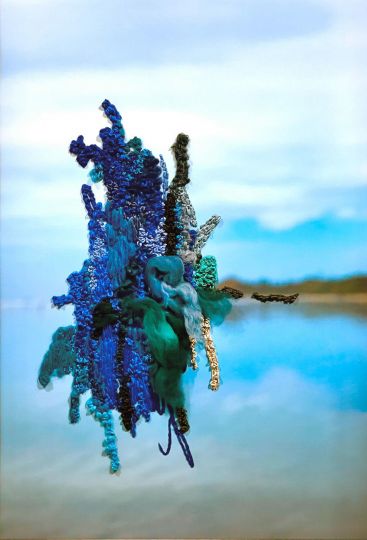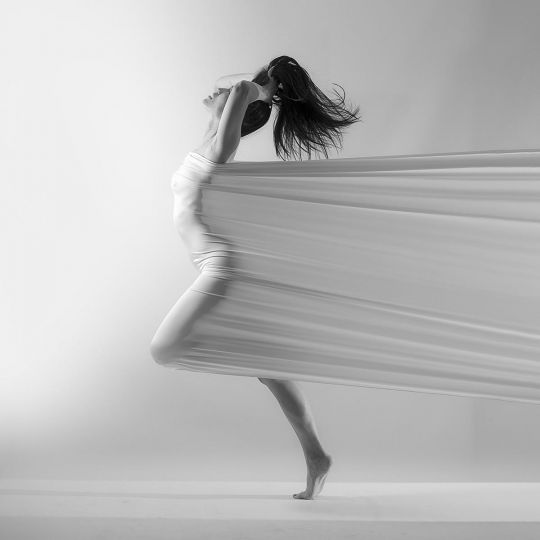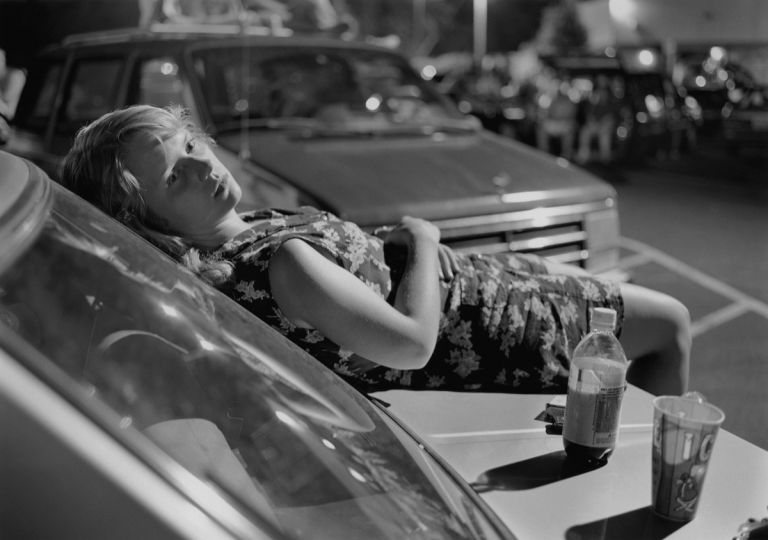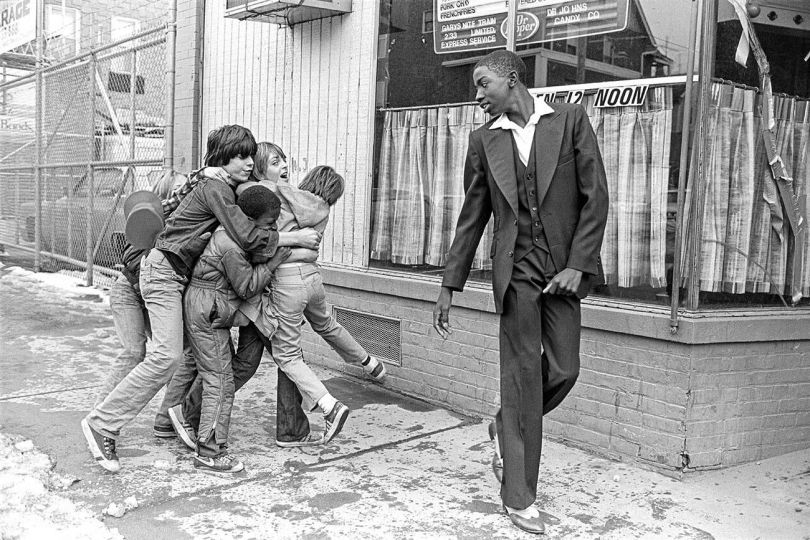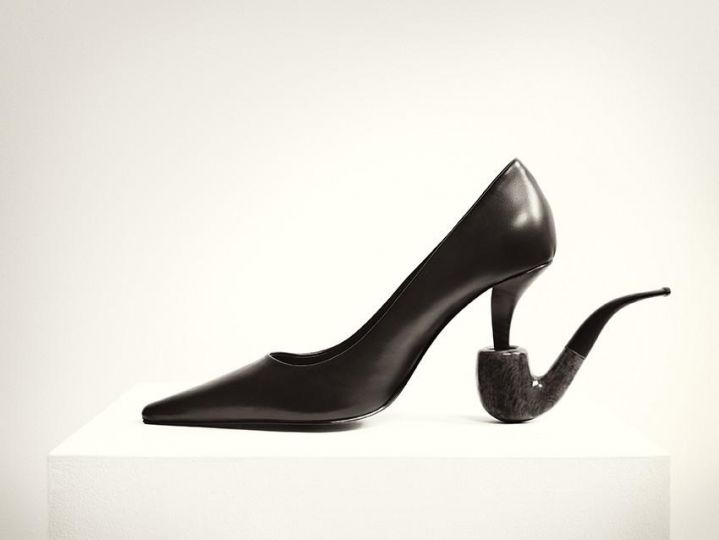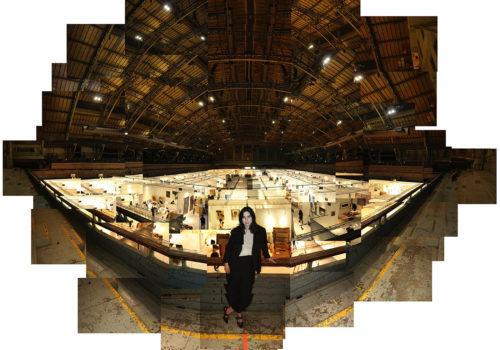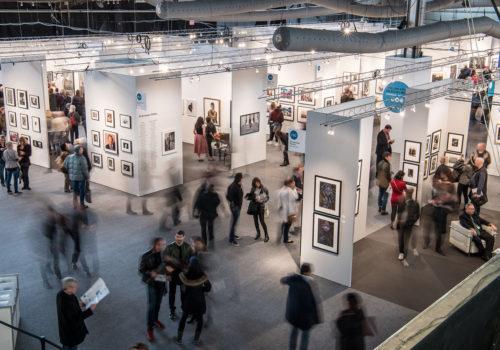This exhibition is the first U.S. show to feature Polidori’s “dendritic cities” images, a body of work begun in 2007. He appropriates the term “dendritic” from the branching extensions of a cell structure and uses it to describe the auto-constructed cities (as opposed to pre-planned urban developments) that have appeared as a result of industrialism in cities around the world, including Amman, Mumbai and Rio de Janeiro. The exhibition is featuring three monumental photographs taken in India, including an expansive mural of a street in Mumbai known locally as “60 Feet Road.”
Long sensitive to the shared terrain between photography and cartography, Polidori has stepped outside of the traditional photographic “frame” of an image, and instead has adopted an approach where the framing is based upon the subject of the image. As Polidori describes it, “its execution came to demand labors more in line with mapping strategies than traditional photographic compositional framing.”
Rather than isolating one particular section or façade of the narrow street, Polidori set out to photograph the entire length of the 60 Feet Road within one long continuous printed photograph. Like a tracking shot within a film, Polidori has compiled 22 separate photographs into one. The sequence of 8×10 color sheet film has been scanned and computer-stitched into a continuous déroulement, like an Asian scroll. Spanning a length of forty feet, viewers can fix their attention on minute details that would otherwise go unnoticed. In “Amrut Nagar,” comprising four separate panels, Polidori photographs a complete 180° view of a populated mountainside from one single vantage point.
Also on show is a selection of photographs from Polidori’s 2010 project in Lebanon, “Hotel Petra.” The photographs explore the interior of a once grand and luxurious hotel in downtown Beirut that was severely damaged during the civil war of the 1980s and left abandoned for 20 years. In contrast to the teeming metropolises in the “dendritic cities,” the photographs of Hotel Petra reveal a building quietly succumbing to natural forms of decay and abandonment: countless layers of paint have flaked and faded away, resulting in a multilayered palette of color and design.
This site gives a voice to Polidori’s thesis on modern painting, inasmuch as the compositions of gradually evolving and decaying paint closely resemble the intentional concerns of many modern and contemporary painters; only in this case the genesis of the phenomena was neither fixed nor intentional, but rather the unintentional summation of subsequent labors of various painters and workmen acting and modifying their surfaces at different times over decades, and as such, can be seen as “natural” or “unconscious” collective super-ego documents. This slow deterioration bears witness to the history as “seen” and “lived” by the walls themselves. Polidori captures the poetic quality of the ruin, and in the photographic stillness, the rooms are portrayed as metaphors and vessels for memory.
Robert Polidori, Ecophilia / Chronostasis
SEP 8, 2016 – OCT 15, 2016
293 10th Ave
New York, NY 10001
USA
http://www.paulkasmingallery.com/

